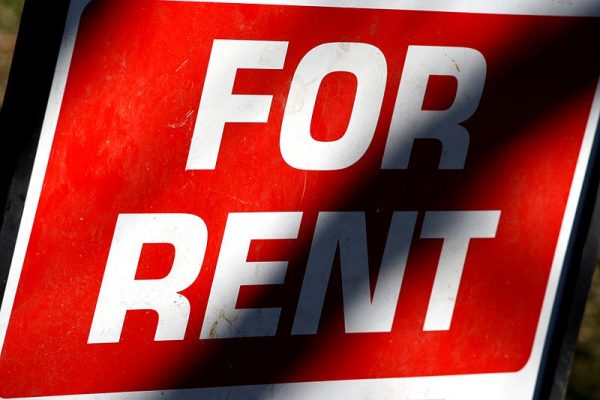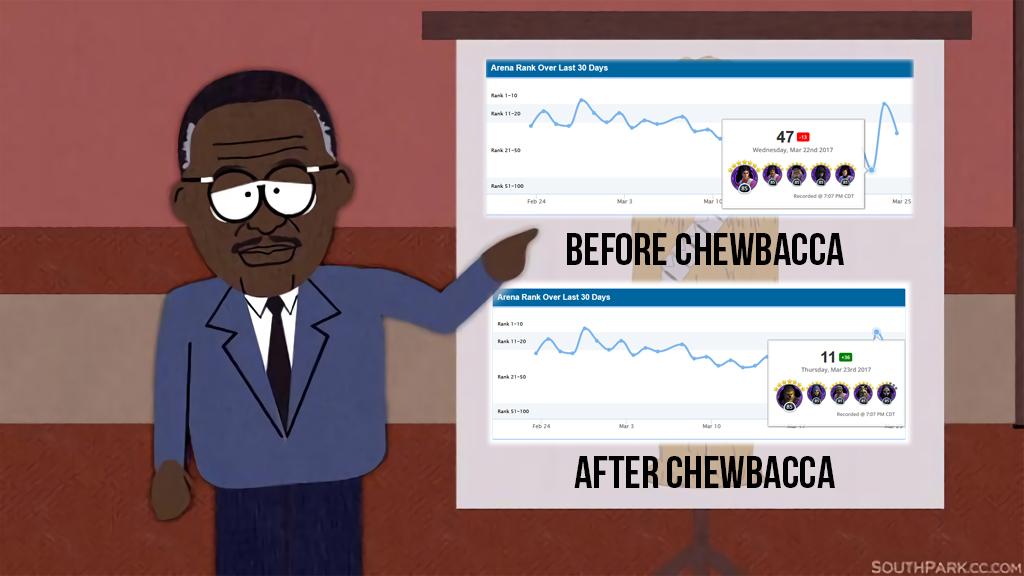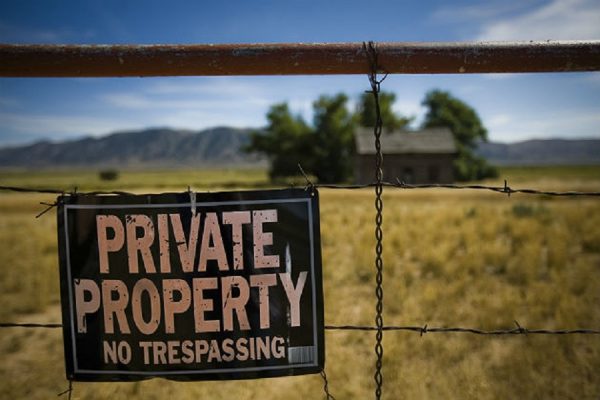In Florida and many other states, landlords have legal responsibilities to protect their tenants from any form of crime. The smartest way that landlords can avoid liability for any personal injury in their rental property is to prevent any criminal act first and foremost. Proper crime-prevention measures might cost some expense, but it is a little expense when compared to the cost of the compensation that could arise from personal injury on the premises.
Here are some basic tips to avoid personal injury on your very property:
• Make your building really safe
Effective security measures need to be made. First of all, the major or minor dangers should be detected that might prevail in your property or even in your neighborhood. Analyze these shortcomings in your property. Then, take the suitable measure required to avoid or cut out these dangers right from their roots. Some of the common measures might be robust door locks, proper and bright lighting, clean and compact doorways or passages that do not hinder entryways etc. If the the circumstances demand, you might need to install window bars or even a security system. After all, your tenants shall readily pay you more rent if they are guaranteed with the building's safety.
• More safety devices
The more the safety devices, the tighter is the security and the lesser is the likelihood of any mishaps. Incorporate deadbolt locks, interior and exterior lighting, window locks etc. Such measures are imposed by the state and local housing law as well.
You can even hire proper security guards for your property. However, make sure they are reliable ones by doing a good background check. Make sure to respond to tenants' suggestions or complaints, mainly about security. Fix the important components of your faulty security system on an immediate basis. Also, make arrangements to provide feasible alternatives for security. Cases like drug dealing should be dealt with urgently, if it applies to your situation.
• Enhance management practices
You can get your management practices better so that your tenants feel safer and more relaxed. One such measure that can make is practicing the “strict key control” policy in your property.
• Render proper training
Get your manager and employees trained as well, if it applies to your case. After all it is beneficial to your tenants if they know the tactics to do away with the dangers lurking around and correct the troublesome situations.
• Get proper liability insurance
Purchase adequate liability insurance to save yourself from lawsuits pertaining to crime including personal injury cases on your property.
• Keep your tenants updated
It is crucial for your tenants to be aware and not be completely clueless as to any issue that has occurred in the neighborhood or even in any residential area in the state. They should have knowledge about crime problems and the respective prevention strategies. They should also be made aware of the tenant liability for stolen property and other crimes.
• Be on inspection mode
Walk through your property at least twice a week or every alternate day or even daily to detect even a minute danger lurking around. Irrespective of the size of the property owned by you, inspect your property in-depth and on a regular basis.
You can check the landscape for problems. Take notice of even the minute problems such as withered branches that could easily break off and hit someone, stagnant water, poisonous plants etc. You can mark such areas with a bright colored tape so that you can fix it the next day. Be aware of the cracks in the pavement, bumpy sidewalks, potholes, ramps, parking lot bumpers, speed bumps, or defects in walkways etc. Make sure to warn your tenants of these problem areas.
• Safeguard the children
In case you have a additional attractions in your compound such as a playground or a swimming pool, you need to take extra care of these places. Inspect these places regularly. Get rid of sharp edges, rust, chipping paint, loose objects etc. Remember anything and everything is capable of hurting a child. Sad but true!
There should be proper fencing around the playground to keep it secure. Thus, the playground can be locked when not in use or due to any risk. Post warning signs such as “Children must be accompanied by an adult” sign and get the rule enforced.
The pool deck should be non-slippery. Make sure there are cautious signs such as “No diving” warnings on each end of the pool. You can go step further by placing a life ring at each end that is approved by the U.S. Coast Guard. Get a lifeguard, especially if you manage solely residential units. In case the servicing of the pool is done by yourself, strictly follow the health department guidelines. Make sure that proper amount of chemicals is used to prevent disease. One of the most advanced safety measure is to install a functional lock system on the pool area gate. This makes sure that the pool is secure after swimming hours. One of the major swimming related signs is the “Swim at your own risk” sign. So, put it to remind people when required.
• Make the stairs and railings safe
You can cover the edge of every step with non-slip tape in a distinguishable color that is contrasting to the color of the stairs. Make sure every handrail is secure. Post a “For your safety, always use the handrails” sign.
In case of stairwells, verify whether the emergency backup lights are working well. Do post exit signs on every floor. The sidewalks and parking lots should always be well-lit and dirt-free. It is likely that your units have balconies. Get the balcony railings inspected once every 5-6 months. It is likely for gaps to occur between the railings. This poses threat to small children who might get their heads stuck! Get plastic webbing installed.
Make sure to get all your safety efforts are documented. You can ask your personal injury attorney to tour the property with you in case he or she represents you if someone files a claim against you.










